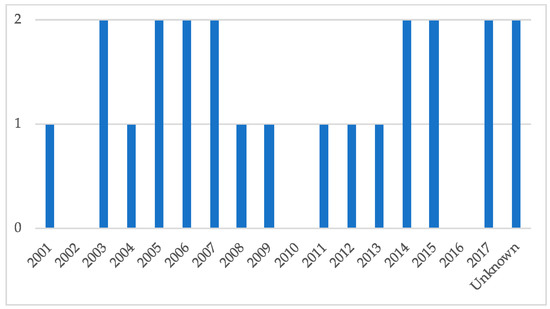Water pollution is one of the major problems in Bangladesh Textile Industry. The textile industry of Bangladesh is having a rapid economic growth. However, with the increasing number of factories on the textile industry, environmental deterioration came. Untreated materials like heavy metals are being released from the factories to the rivers. It is affecting the people living along the river. The environmental laws in Bangladesh were unable to provide any solution to the problem. According to several databases, more than 3000 garment factories are now working in Dhaka. In 2016, the waste water was 217 million m3. It has reached 349 million m3 in 2021. Heavy metals like vanadium, nickel, zinc, mercury, chromium, arsenic, and copper are found in the wastewater.
Figure 1: Waste from garment industry
(Source: https://www.textiletoday.com.bd/wp-content/uploads/2019/03/textile-lead.jpg)
On the other hand, the garment industry of Bangladesh consumes a large amount of water for fabric processing. This large amount of water consumption is depleting ground water levels nearly 3 metres every year. This estimate is according to the local community and some researches. This is also hampering the water supplies of the tap calls and the communities living on it.
Figure 2: Statistics of water pollution from textile industry
(Source: https://www.mdpi.com/sustainability/sustainability-11-01951/article_deploy/html/images/sustainability-11-01951-g003-550.jpg)
The textile industry is highly polluting and there are nearly 200 rivers affected through the textile industry indirectly and directly. It is mostly because the untreated wastes from the manufacturing factories. It is contaminating the water bodies and groundwater. It is reducing the dissolved oxygen in the water which is affecting the aquatic organisms living in the water. When the broad effect is considered, it can be stated that it is contributing significantly to climate change. The primary cause of this is ineffective policies on waste management and a lack of knowledge related to technology. They should also reduce the ground water consumption as the process will deplete all the ground water in some years.








1 Comments
So informative brother.
ReplyDelete